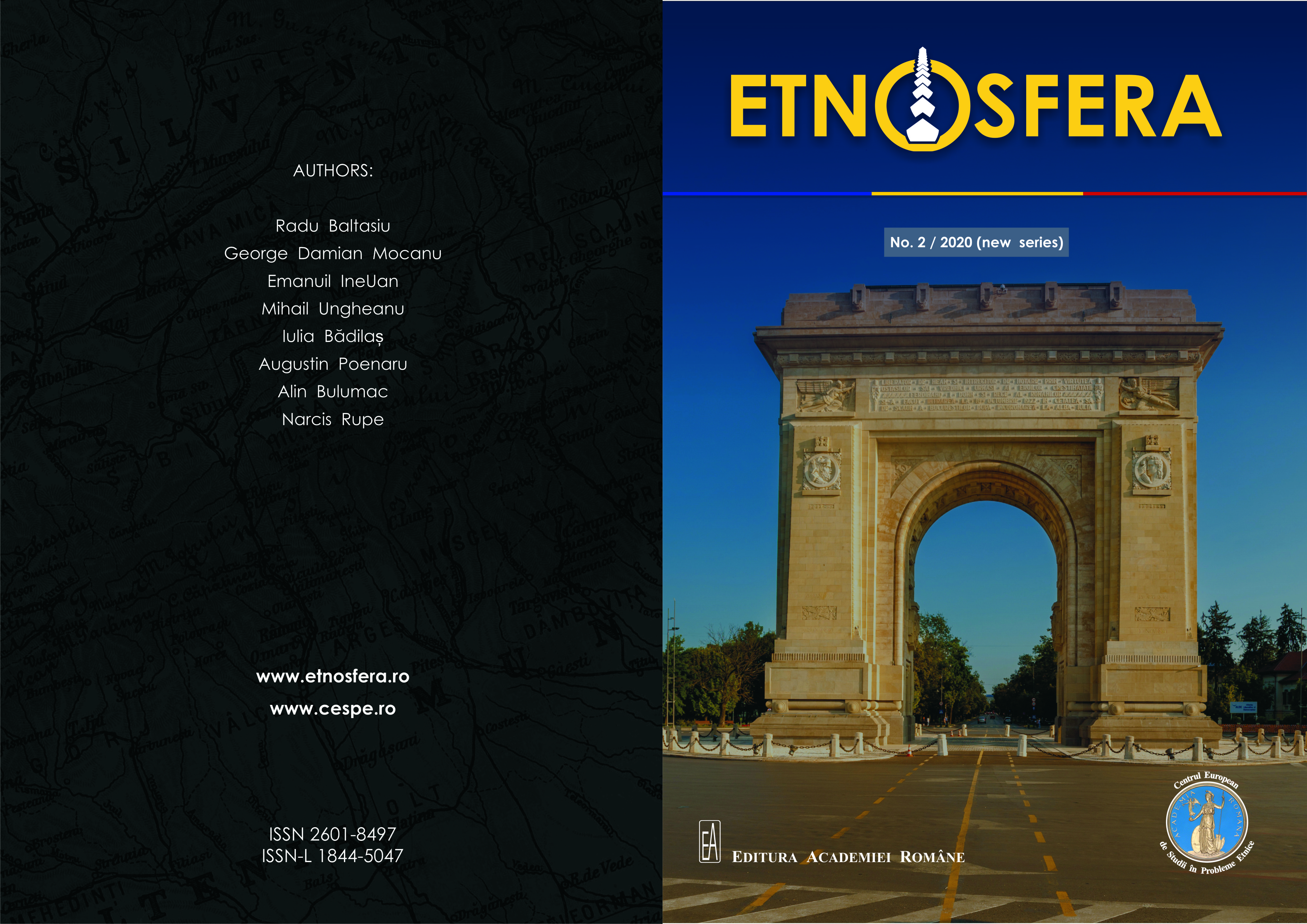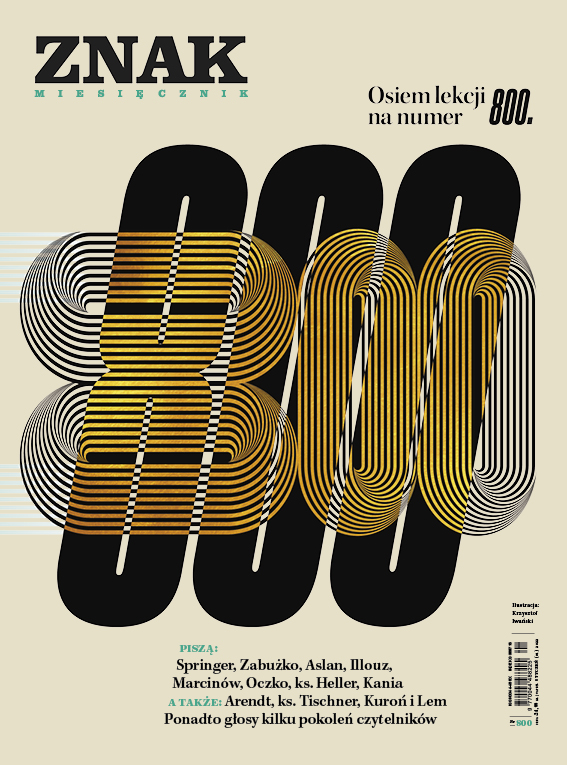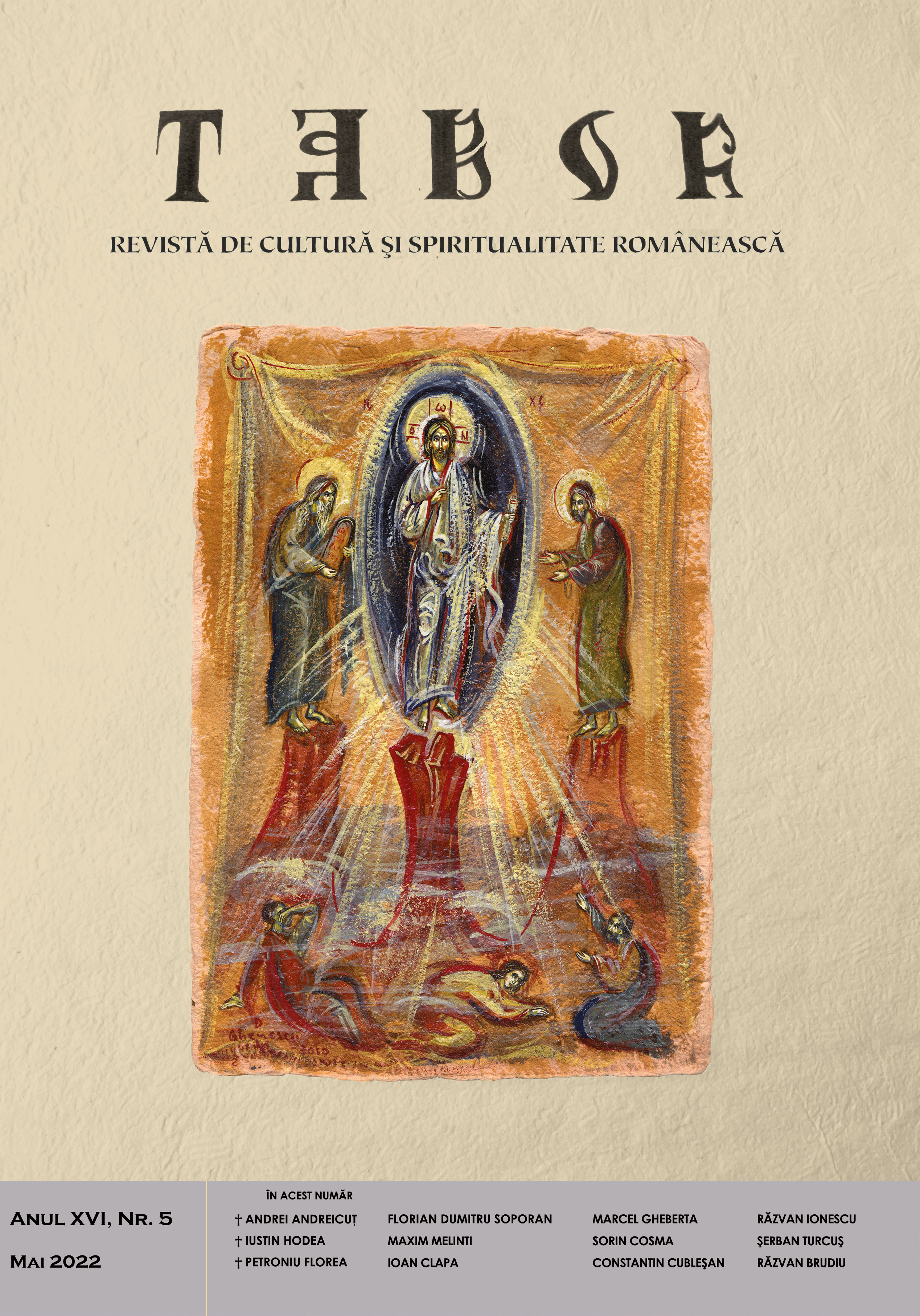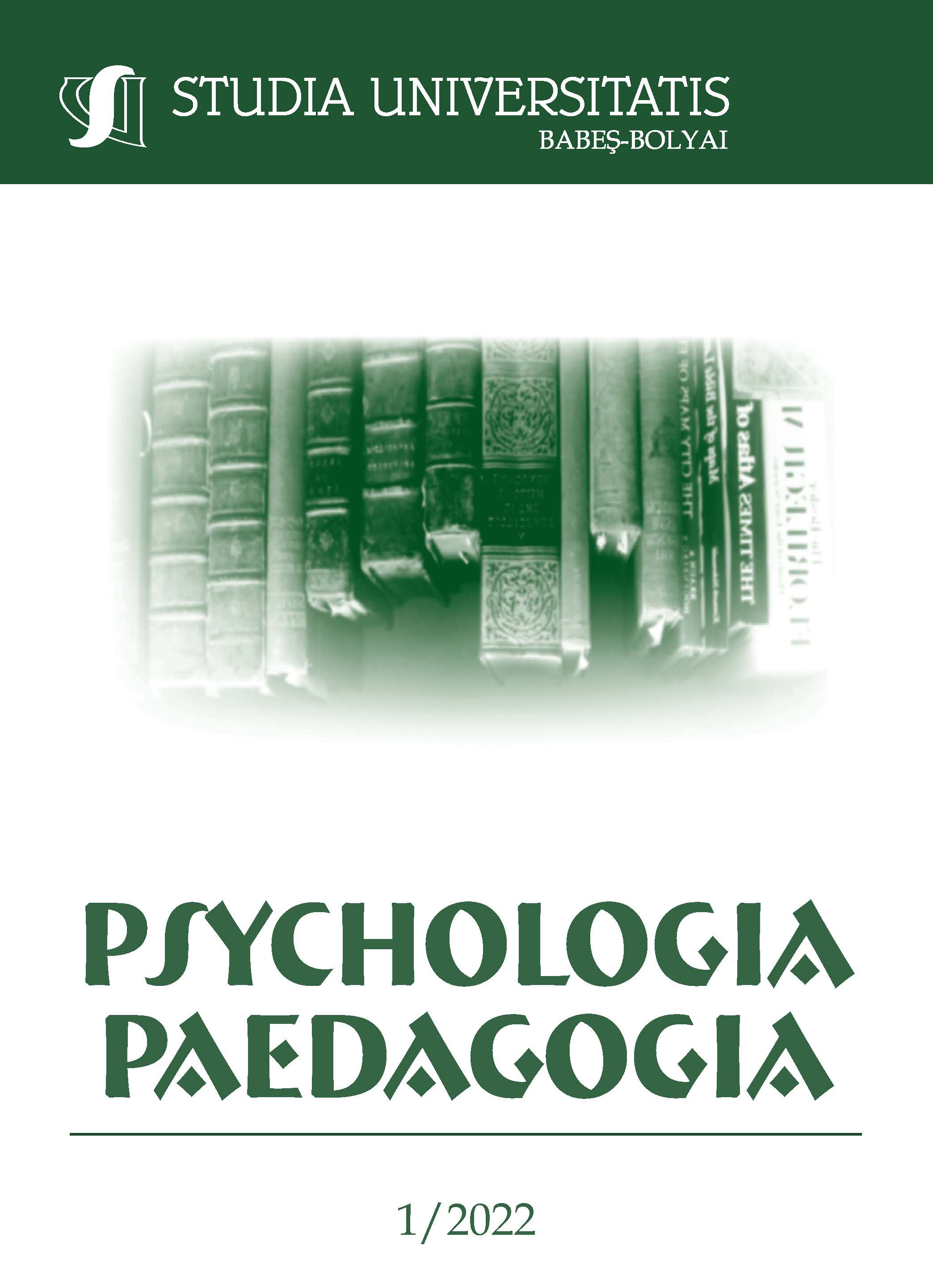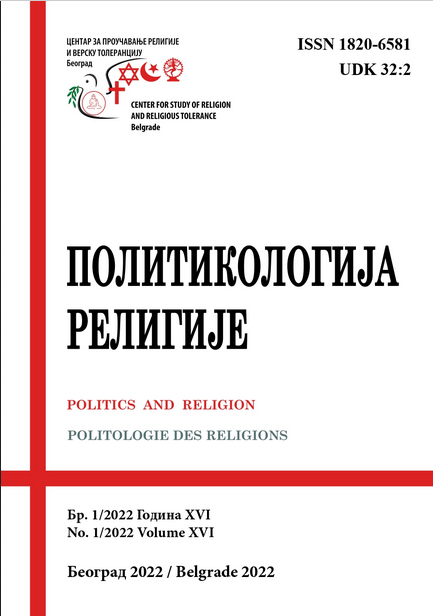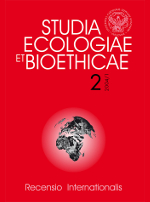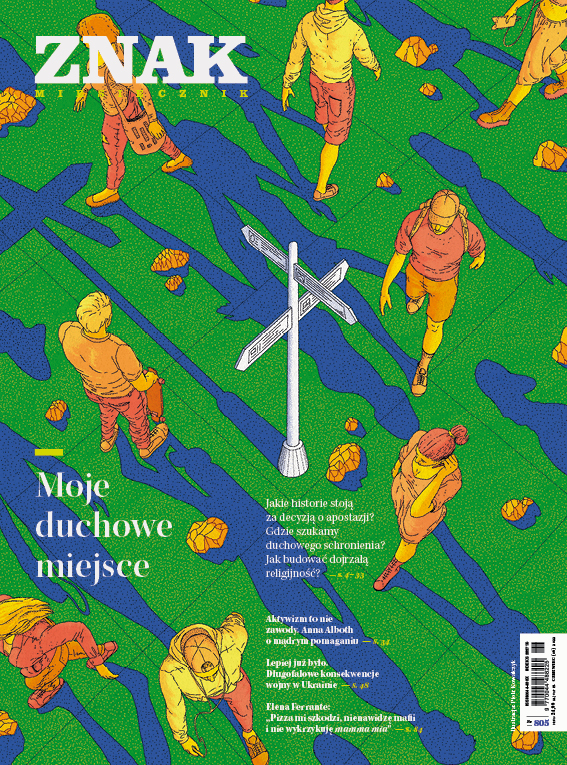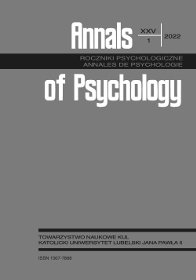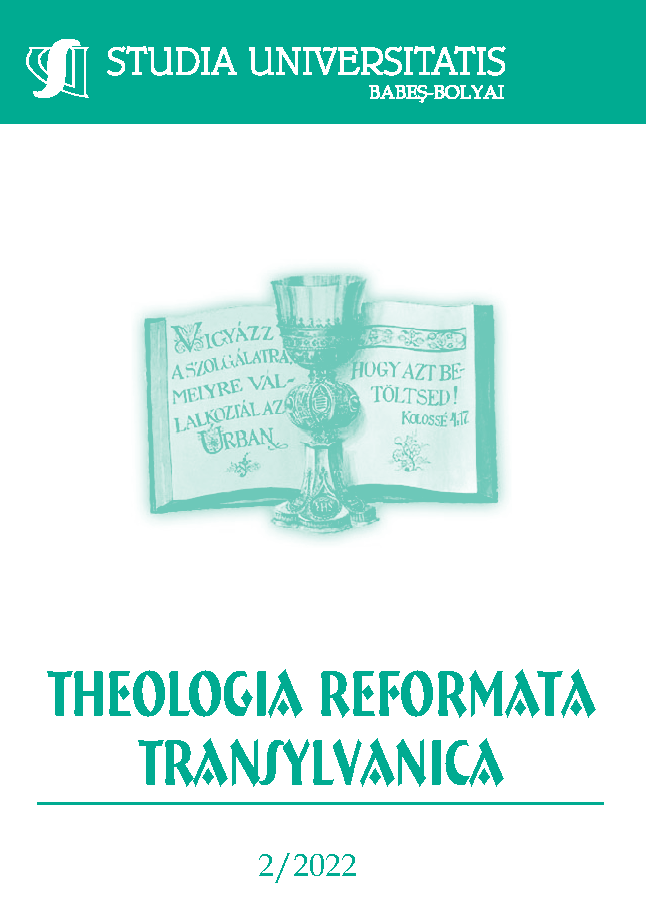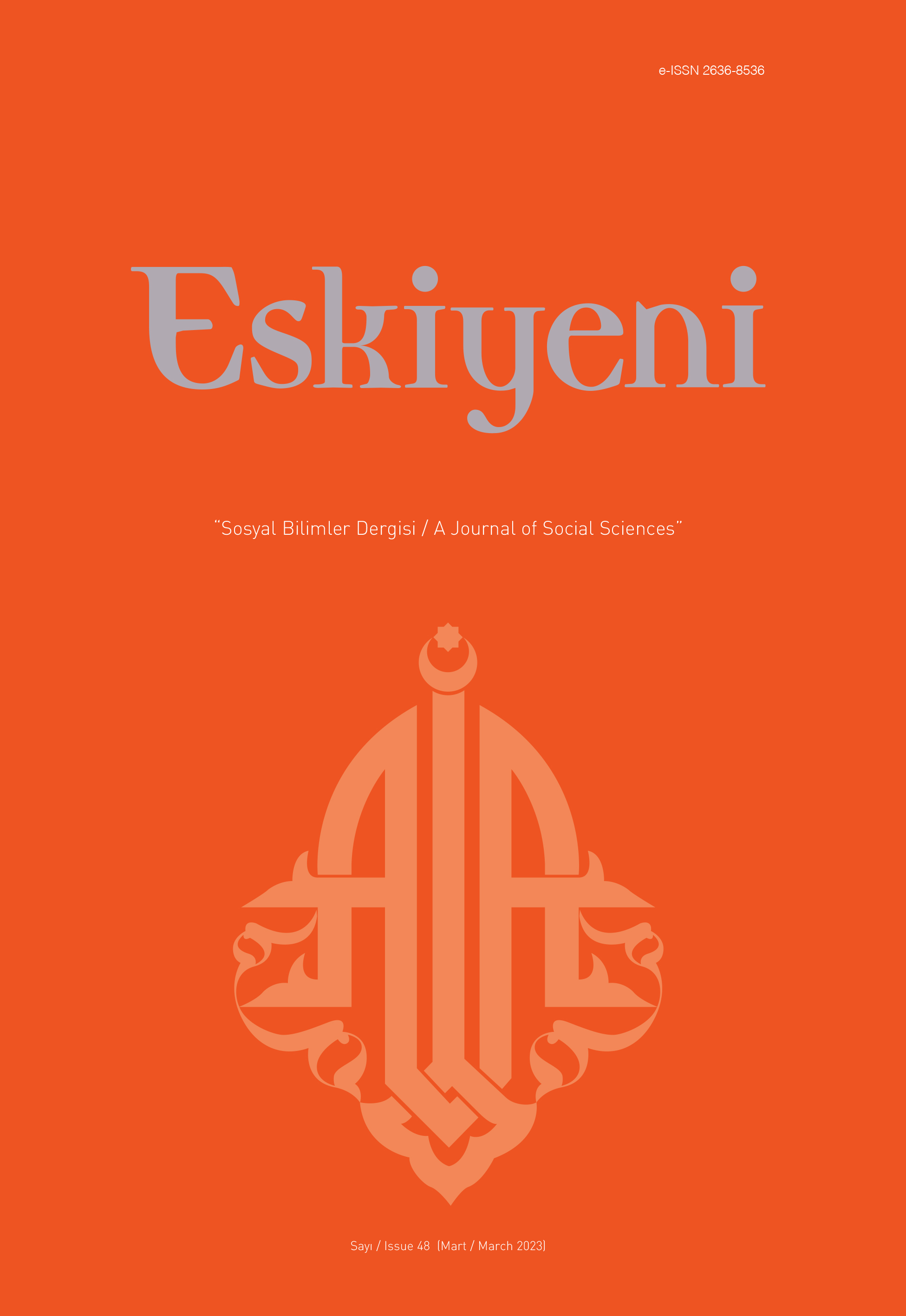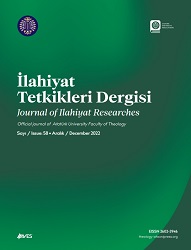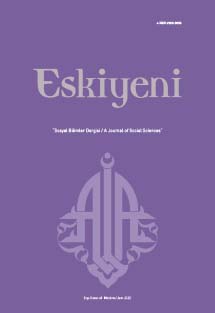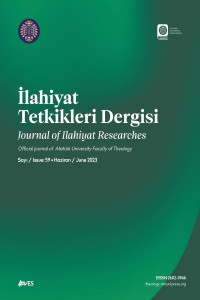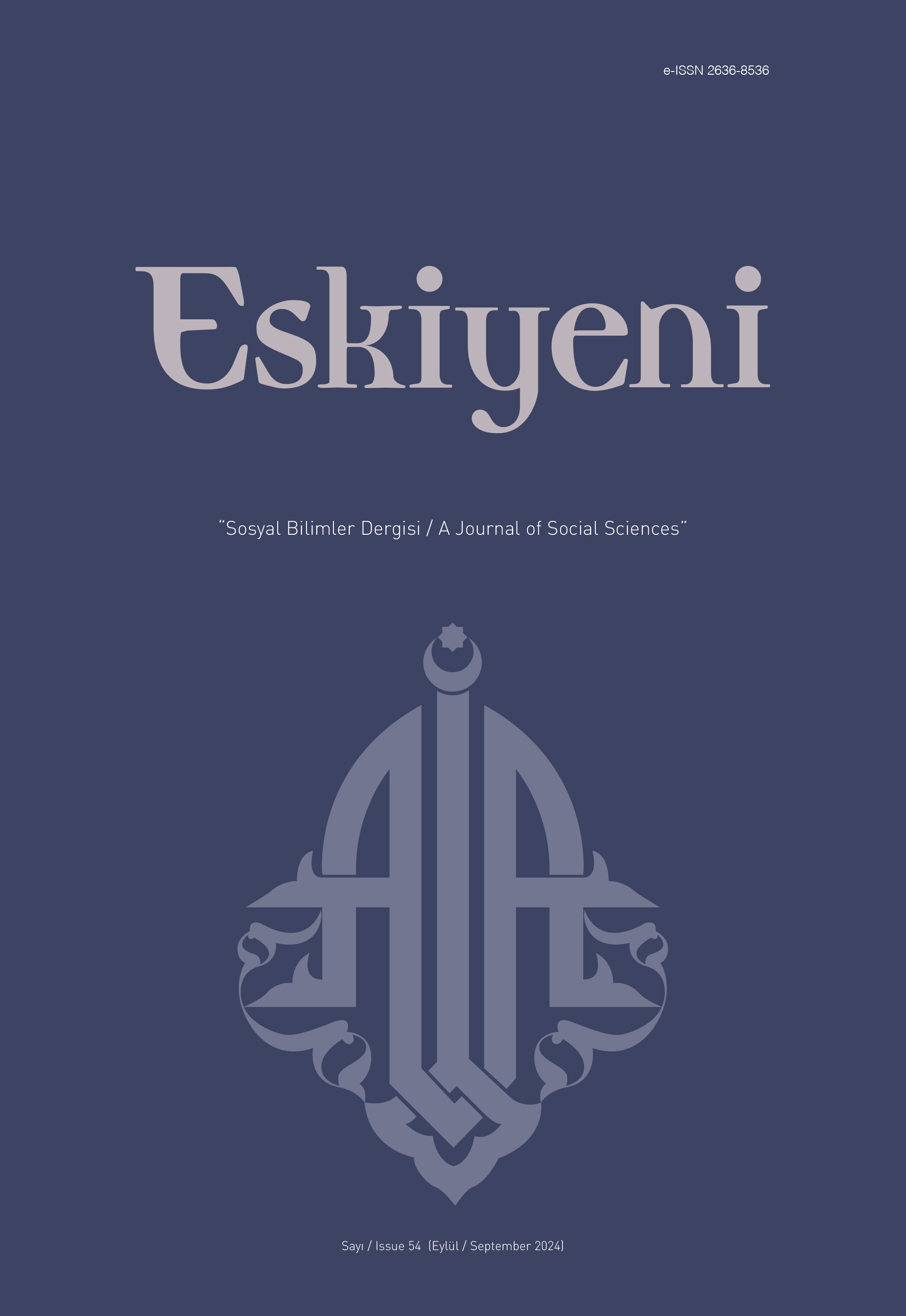Author(s): Süleyman Abanoz / Language(s): Turkish
Issue: 48/2023
Religious coping refers to an individual's turning to religious beliefs, worship, and practices while overcoming situations. Recently, the number of studies on the religious coping strategies of individuals has increased in Turkey. These studies, which are generally conducted with the literature review method, utilise scales developed in foreign countries and adapted to Turkey. This study aims to develop a religious coping scale that conforms with Turkey's religious and cultural structure for people of different sexes, ages, places, educational levels, and piety. For this purpose, a pool of concepts was created by also benefitting from interviews carried out with the participation of people in the close circle first. Afterwards, a draft scale of 76 items was formed based on this pool of concepts. Six experts' opinions were taken to ensure the scale's content validity. Considering the experts' opinions, three items measuring two features at once were divided into two, seven items were excluded from the scale, and two items were added to the scale. Additionally, the scale was revised according to the opinions of two grammar experts and two measurement and evaluation experts. Finally, an eight-factor and 74-item scale, in which items are grouped under four positive religious coping dimensions and four negative religious coping dimensions, was obtained. Designed as a 5-point Likert type, the scale was conducted with a sample group of ten to test its comprehensibility and duration. After identifying that the expressions are comprehensible and the scale is completed in five minutes, the Ethics Commission application was made. Approved with the 2022/110 numbered decision of the Ethics Committee on Scientific Research in Social Sciences and Humanities of Necmettin Erbakan University taken at the 11/03/2022 dated and 03 numbered meeting, the draft scale was first conducted in April and May 2022. The scale was filled in by 373 participants appropriately; it was seen that KMO and Bartlett's Test results were significant, and exploratory factor analysis was made. The analysis resulted in the exclusion of 38 items that gave a similar load ratio to more than one factor and whose distinctiveness level was below 0.40. The scale was conducted again with another sample group of 257 participants to validate the factor structure of the 36 items grouped under six factors. It was seen that the confirmatory factor analysis results of the scale complied with the exploratory factor analysis results. As a result, a religious coping scale, which has high-level reliability for all sub-dimensions; has two dimensions as positive and negative; comprises six factors; is valid and reliable, and has a solid theoretical basis, has been designed.
More...
